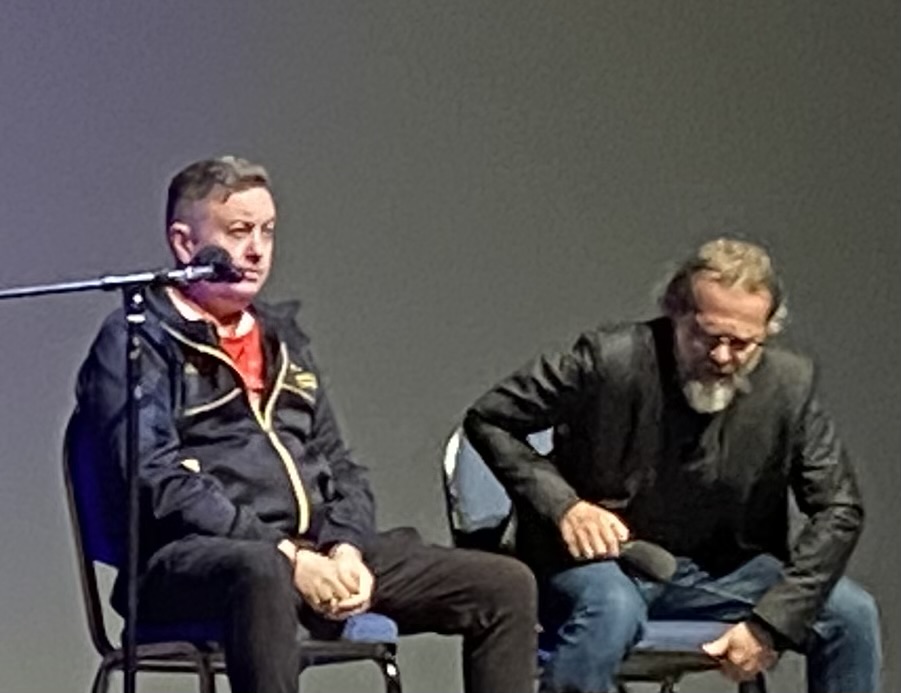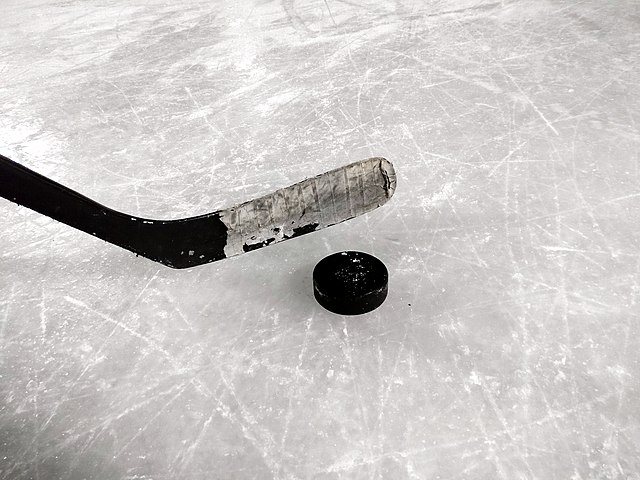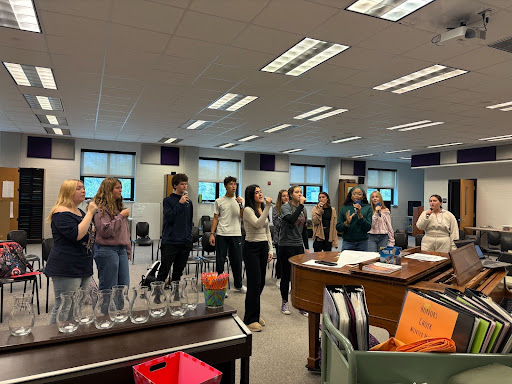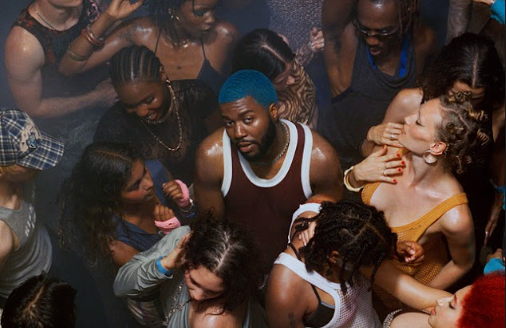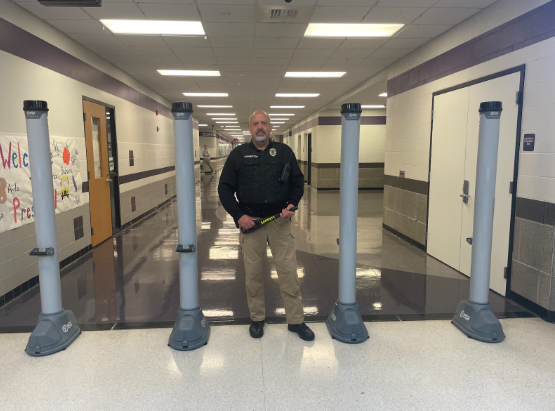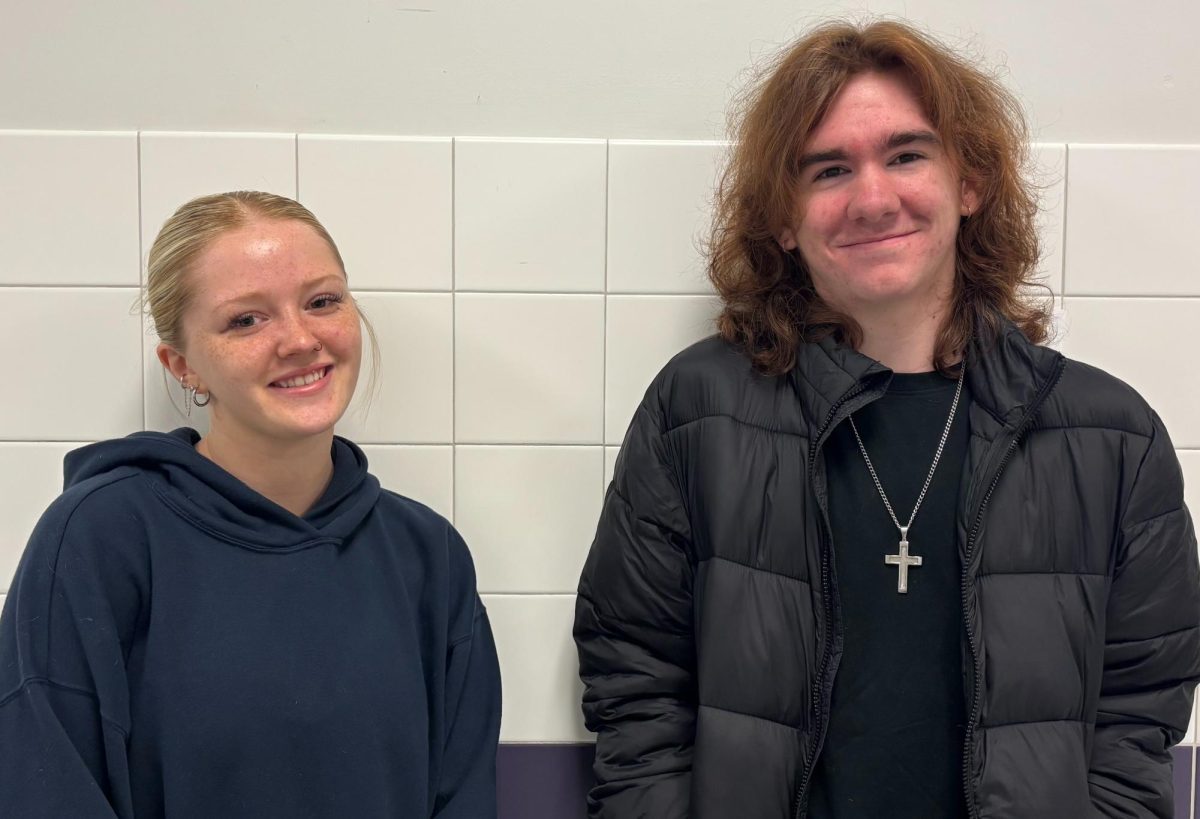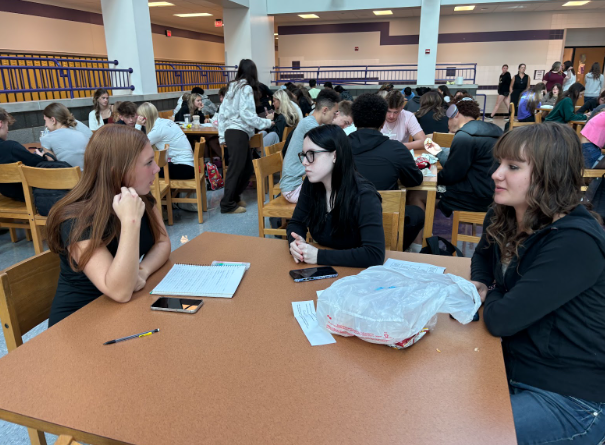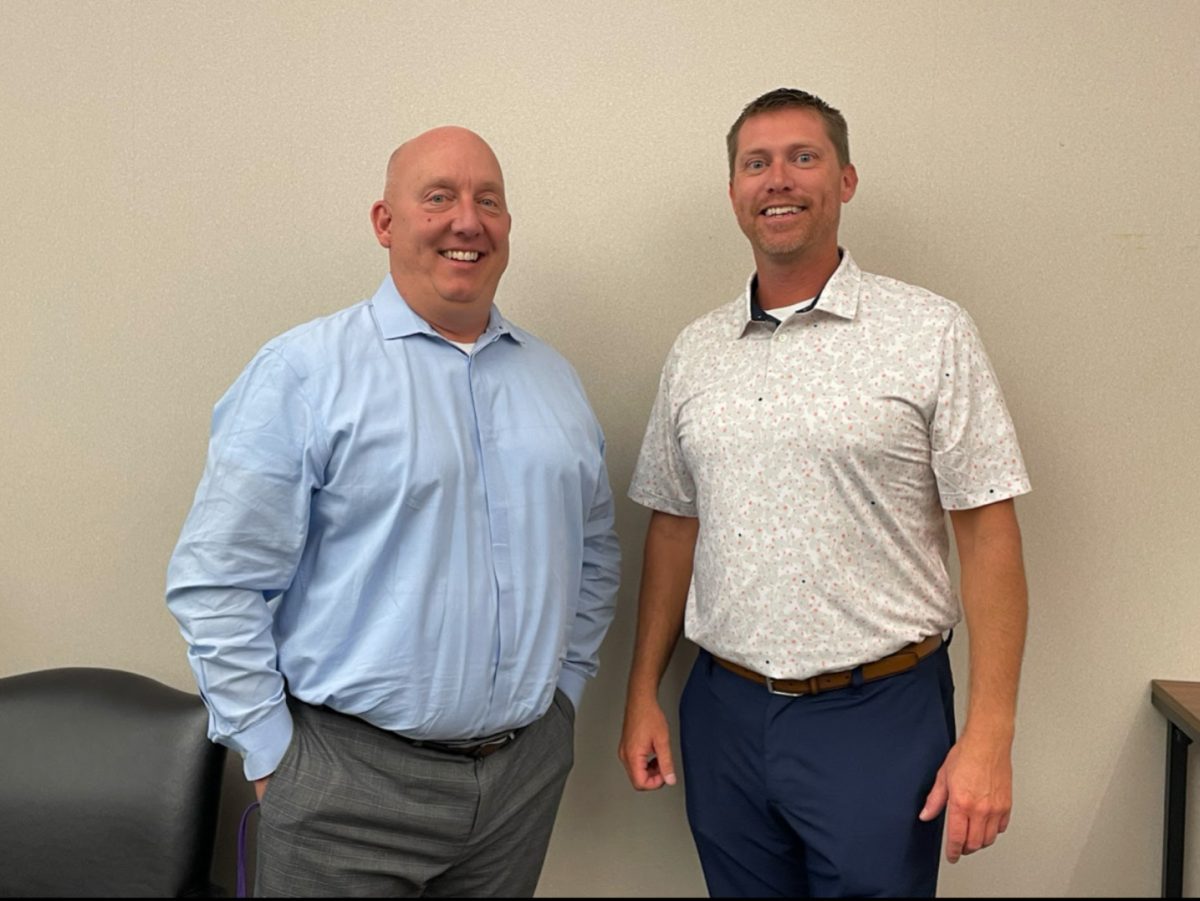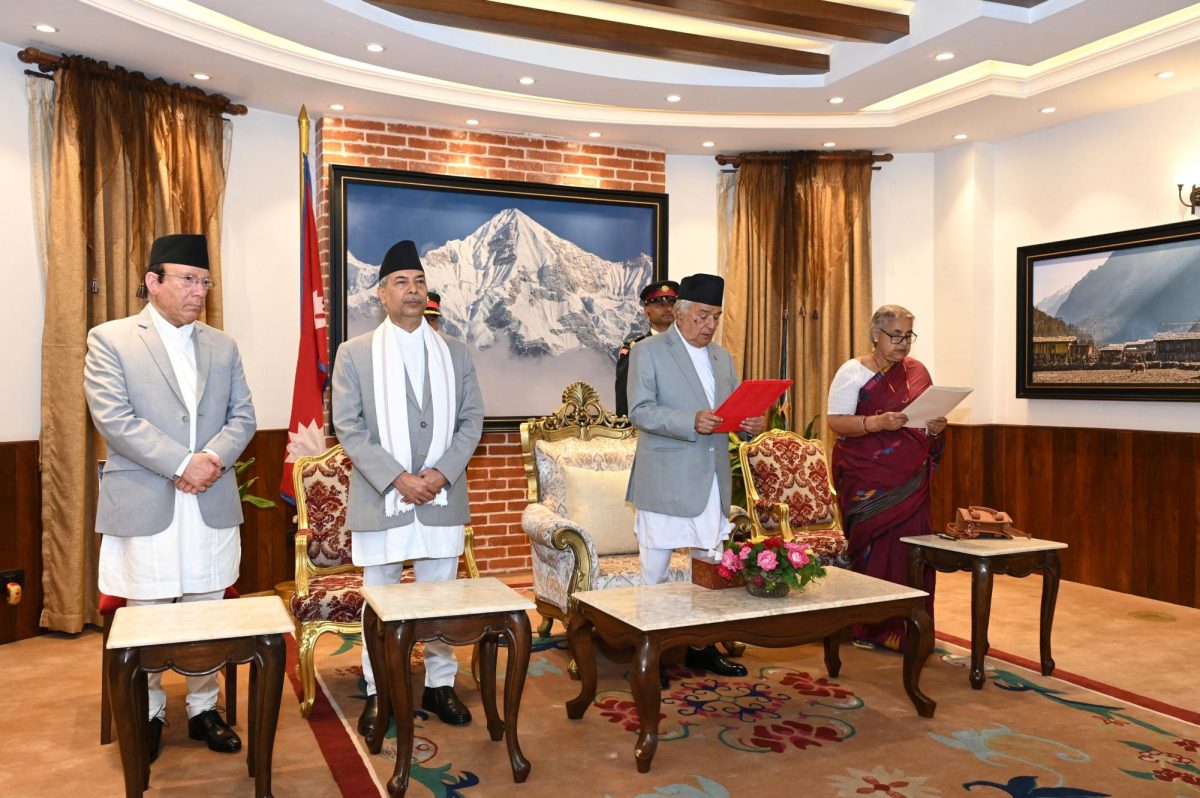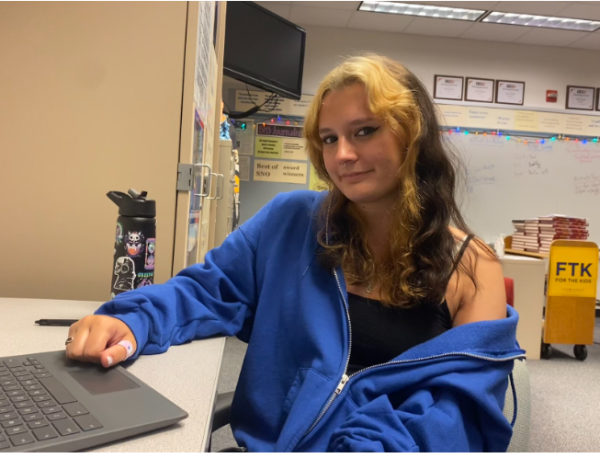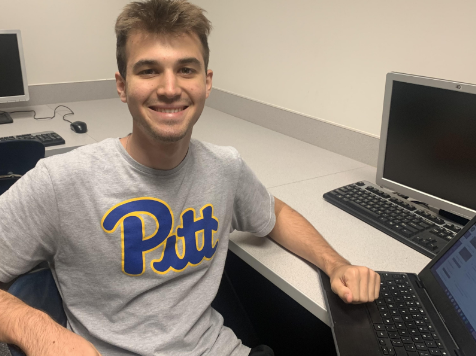Tony McAleer had once been the face of white supremacy in Canada. But after the birth of his first child, years of therapy, and a visit to the Nazi concentration camp Auschwitz-Birkenau, he has turned toward radical compassion.
For 15 years, McAleer was avidly involved in hateful extremist groups. His life was transformed after the birth of his first child, when he was finally able to experience unconditional love, he said.
“Compassion is the antidote for shame,” McAleer said.
Rather than hiding in the shame of his past, McAleer has chosen to share a message of compassion by speaking to over a hundred different groups over the past 13 years. Today, he visited Baldwin High School.
His first act of hate, he said, was to put an antisemitic sticker on the door of a Jewish temple in Vancouver. As his involvement in hate groups continued, McAleer was arrested four times for assault.
He also ran a racist phone hotline in Canada prior to the existence of the internet. The hotline received calls from upwards of 300 people per day, and it made headlines after Canadian authorities issued an injunction shutting it down. After the internet started, McAleer created a website for a music label that produced albums by racist bands.
At today’s presentation, he spoke to students and showed the documentary A Cure for Hate, which highlighted how he addressed his shame about the harm he had done toward the Jewish community specifically.
The hate groups often attempted to spread their ideology by infiltrating the mainstream, as with the racist record label. “Run silent, run deep” was a common phrase used to describe this process, McAleer said in the documentary.
In the film, McAleer visits the Auschwitz-Birkenau concentration camp, which becomes a profoundly moving experience for him.
“I could no longer escape the feeling that I was an accessory after the fact to what was probably the greatest crime in humanity. There are levels of deprivation and trauma here that I have only begun to comprehend,” McAleer said.
In an effort to begin to overhaul his racist thinking, McAleer began going to therapy. His therapist was Jewish, and McAleer credits the way he was treated by the therapist – despite his past – as the reason for his growth.
“My therapist told me my past was what I did and not who I was. He looked past my background and saw the humanity in me. Receiving compassion from someone even when I thought I deserved it the least changed everything for me,” McAleer said.
Following encouragement from his therapist, McAleer began telling his story publicly in 2010. He has been speaking to community organizations, schools, and public forums in both the U.S. and Canada to spread his message ever since.
“I felt that I had a big karmic debt to pay back. It gave me the ability to turn the darkness in my life into light,” McAleer said in an interview after his presentation.
Of all the times he has told his story, McAleer said one interaction sticks with him.
“After a speech in which I was apologizing to the gay community for the gay bashing I participated in, a young woman came up to me shaking with emotion,” McAleer explained. “She said, ‘No one’s ever said sorry to me before.’ She broke down crying and told me, ‘I’m gay.’ The former FBI agent I was traveling with said, ‘You’re probably the first person she’s ever said that to.’ That was truly humbling.”
The documentary he showed Baldwin students today was directed by Peter Hutchison, who also worked with McAleer in an earlier film.
“I met Tony while filming Healing From Hate, which is about ex-hate group members who banded together to help people leave hate groups and go into mainstream society,” Hutchison said in an interview after the presentation. “Tony called me up one day saying he wanted to go to Auschwitz, and he invited me to film his experience. Both he and I had such an incredibly powerful experience there that we felt compelled to make the film.”
Hutchison believes that the film has a profound impact on viewers because the story is told by someone who experienced it. This is especially true when the audience consists of high school students, as with today’s presentation.
“The typical window for indoctrination into hate groups is 15 or 16 years old,” Hutchison said. Teenagers are trying to figure out how to fit in. We are exploring how identity fits into this process. We want to plant the seeds now.”
McAleer believes that sharing his story and the true horrors of the Holocaust is vital to preventing others from making the same mistakes he did.
“My hope today is that stories like my own can somehow help young people to retain their humanity and maintain their sense of compassion – because compassion, for oneself as well as others, is the only true cure for hate,” McAleer said.
Junior Samantha Niggel said she was deeply moved by the documentary’s coverage of McAleer’s visit to Auschwitz.
“The events that happened are almost unfathomable because of how violent they are, and this documentary calls that to light. It’s important to realize that even if it stuns or shocks you,” Niggel said.
Daniel Shaner, sponsor of Baldwin’s human rights group the LIGHT Club, organized the event. McAleer’s story has given him great hope, he said.
“The fact he was able to come from a place of hate and come out of that and grow is a very hopeful message. It shows that we are not who we were yesterday. We can become better people. He is proof,” Shaner said.


